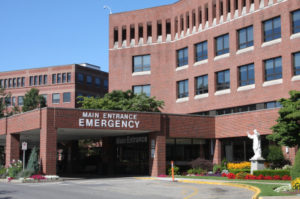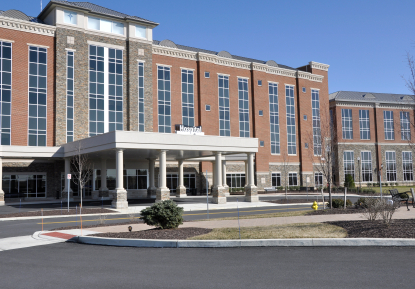DSH Losses Will Hurt Safety-Net Hospitals
Safety-net and other hospitals will suffer financially when Affordable Care Act-mandated cuts in Medicare disproportionate share hospital payments (Medicare DSH) and Medicaid DSH payments begin taking effect in FY 2014.
So concludes Moody’s, the bond-rating agency.
The losses will be especially harmful to hospitals in states that do not expand their Medicaid programs and to safety-net hospitals, Moody’s believes.
Currently, Pennsylvania has no plans to expand its Medicaid program as envisioned by the Affordable Care Act.
Hospitals face other specific challenges as well as a result of these cuts.
Read more about Moody’s assessment of the impact of future Medicare DSH and Medicaid DSH cuts in this report in Becker’s Hospital Review.
in Becker’s Hospital Review.






